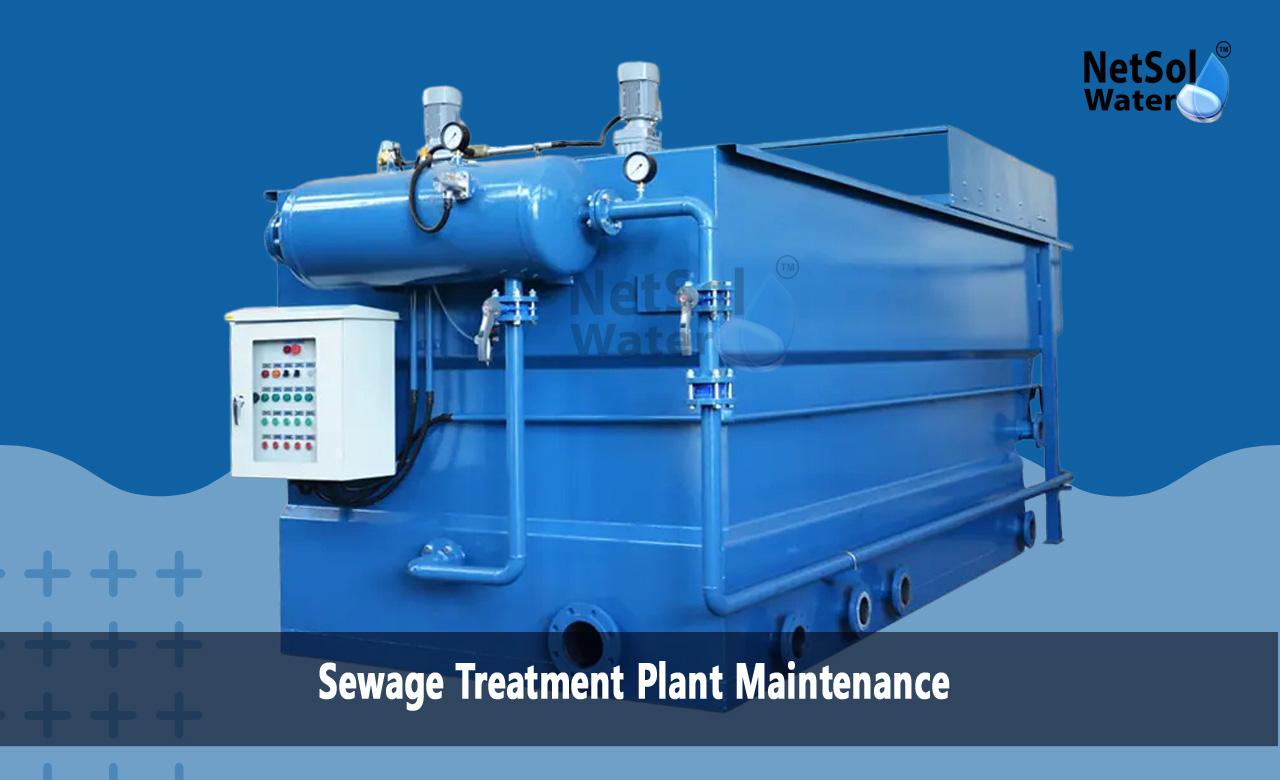How do You Maintain a Sewage Treatment Plant?
Maintaining a sewage treatment plant keeps systems running at full capacity and safeguards health. A well maintained plant helps remove contaminants and protects local waterways. Careful upkeep prevents breakdowns and reduces repair costs. For reliable performance a trusted sewage treatment plant manufacturer must design equipment with ease of service in mind. Netsol Water stands out as a leading sewage treatment plant manufacturer through proven designs and robust build quality. They deliver tailored solutions that meet local regulations and site demands. Effective maintenance begins with clear schedules and trained operators. Staff follows checklists and record findings to spot issues before they grow. Regular servicing reduces downtime and extends equipment life.
Regular Inspection and Monitoring
Regular inspection and monitoring help track plant performance and prevent unseen faults. Timely checks allow teams to act fast and reduce unplanned downtime. Let us have a look at some key inspection areas
Visual Inspection: Visual inspection shows wear and damage on structures and pipes. Teams walk through the plant and note cracks or leaks. They record details in a log.
Performance Logging: Performance logging tracks flow rates and treatment levels over time. Staff compare readings to expected ranges and flag deviations. They share reports with managers.
Sensor Check: Sensor check ensures devices measure pH and oxygen accurately. A faulty sensor can lead to poor control. Teams test calibration and replace old units. A solid inspection routine lets operators move on to mechanical care without delay.
Mechanical Component Care
Mechanical component care ensures pumps gears and valves work without interruption. Faulty parts can slow the process. Teams follow schedules to grease and tighten and replace worn items.Let us have a look at some maintenance tasks
Pump Servicing: Pump servicing keeps flow moving at correct rate. Teams inspect seals and shafts and clear blockages. They run pumps at test settings before normal use.
Aerator Cleaning: Aerator cleaning removes build up on diffusers and blades. Clean aerators keep oxygen transfer efficient. Operators scrub plates and flush lines.
Valve Adjustment: Valve adjustment maintains correct flow and pressure across the plant. Teams check opening and closing actions. They tighten or replace seals as needed. Proper mechanical care sets the stage for balanced chemical processes.
Chemical Process Management
Chemical process management keeps the water quality within required limits. Imbalance can cause poor treatment. Operators test levels and add chemicals in a controlled manner to maintain standards. Let us have a look at some control methods
pH Adjustment: pH adjustment ensures the acidity stays in the safe range. Operators measure pH and then add acid or base. They redo tests after each addition to confirm balance.
Coagulant Dosing: Coagulant dosing helps solids clump together for easier removal. Teams set dosing pumps to match flow rates. They monitor results and tweak settings as needed.
Disinfection Control: Disinfection control removes pathogens and makes water safe to release. Operators feed chlorine or other agents at precise rates. They test residual levels before discharge. A sound chemical process keeps the plant efficient and meets standards.
Sludge Management
Sludge management maintains tank capacity and prevents blockages. Excess sludge can harm processes. Teams treat sludge and prepare it for safe disposal or reuse to keep the plant clean. Let us have a look at some handling steps
Sludge Thickening: Sludge thickening removes excess water and cuts volume. Teams feed sludge to gravity tanks or use floatation units. They check solids content before moving to the next stage.
Dewatering Process: Dewatering process squeezes water out of sludge to make handling easier. Operators run sludge through centrifuges or belt presses. They collect the cake for final disposal.
Safe Disposal: Safe disposal prevents harm to the environment. Teams follow local rules and send sludge to approved sites. They keep records to show compliance at audit time. Good sludge management closes the loop and keeps the plant working at peak level.
Conclusion
To conclude regular maintenance extends plant life and avoids high costs. Netsol Water leads as a sewage treatment plant manufacturer and it guides clients at each step. Get in touch for more information or to request a consultation. Let a trusted sewage treatment plant manufacturer team help you plan and execute an effective upkeep routine.
Contact Netsol Water at:
Phone: +91-9650608473, Email: enquiry@netsolwater.com



